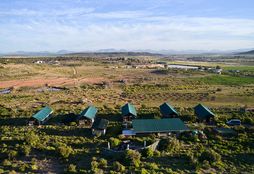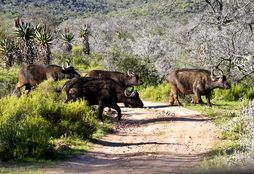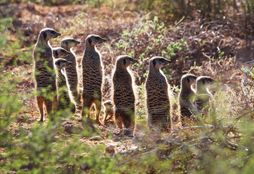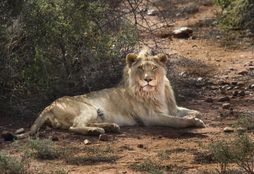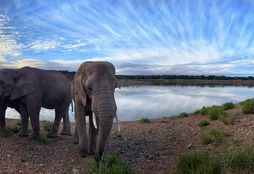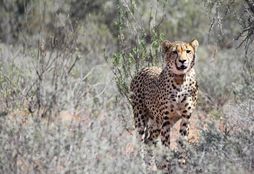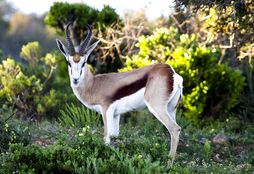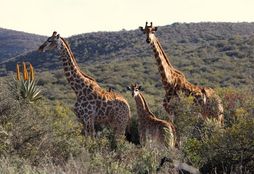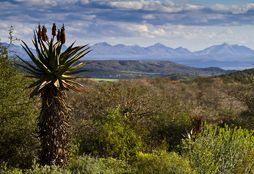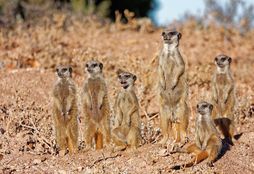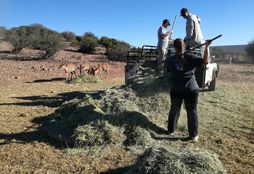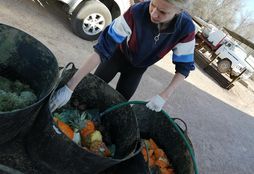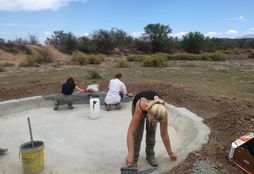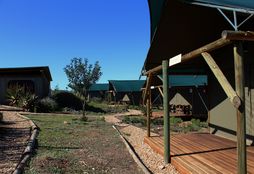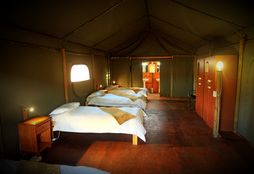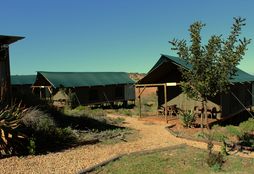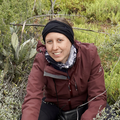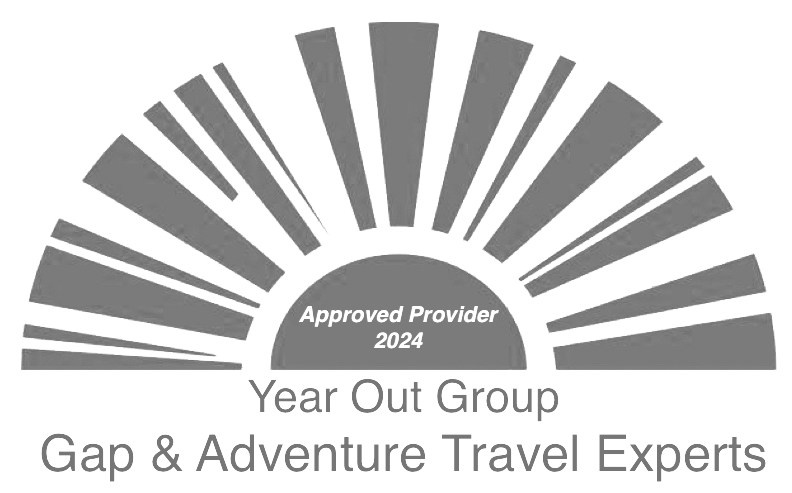Highlights
- Be empowered to protect nature by creating a conservation lifestyle.
- Work with species such as lions, rhinos, elephants, giraffes, cheetahs, meerkats and buffaloes.
- Learn new and many different ways of how to preserve and conserve our planet and its animals.
- Track and monitor free-roaming cheetahs.
- Relocate and translocate wildlife species.
- Combine conservation volunteering with the contribution of community upliftment when helping in local farm schools consisting of teaching English, assisting with art projects, small maintenance duties and providing food for the children.
Project information
You are empowered to protect nature when participating in this project.
You will gain leadership, teamwork and relationship skills and learn about self-management. You will also enjoy the benefits of communal living, meet people from different walks of life and get the opportunity to make lifelong friends. The main aim is for you to gain a conservation mindset.
Skills you will acquire and develop:
- The proper use of telemetry tracking equipment
- The use of hand-held DPS devices
- The use of equipment for daily tasks on the reserve
- How to identify wildlife species
- How to set up and use camera “traps” to monitor certain species
- How to track animals using traditional methods like the identification and following of animal spoor
- How to collect and analyse data
- An understanding of conservation and issues of human-animal conflict.
Your role
There are usually four to six tasks per day, based on a rotational system which ensures that everyone has the opportunity to experience all tasks.
Usually, your working day starts at 08:00 and ends at 17:00.
Tasks for the day can include the following:
- Food preparation
- Tracking and monitoring free-roaming cheetahs
- Researching and observing wild meerkat families
- Performing game counts
- Electric fence maintenance and enclosure patrolling
- Setting up camera “traps” for research purposes
- Relocating/translocating wildlife
- Mitigating human-animal conflict
- Contributing to habitat conservation, including planting spekboom
- Community upliftment (Scholar Projects - VredeRust School & Vreugde Voetjies School )
- Assisting at and teaching English at local farm schools
- Reserve work such as maintaining water supply, fixing roads, erosion control, etc.
- Learning veld skills such as tracking, and identifying animal and plant species
- Ultimately – learning to become a conservationist
It is important to note that this description serves as an example only. The daily tasks and challenges depend on the volunteer, the time of year and the work that needs to be done. The final job description can therefore vary substantially from the above.
Accommodation
Accommodation is provided in a large, newly built, tented camp with up to four people (same gender) sharing each tent. The rooms and tents are basic, but the single beds are comfortable with bedding provided (duvets and pillows). Showers and toilet facilities are en suite and hot water is supplied by gas geysers.
Power sockets for electrical items are available in each tent and in the communal area.
A washing machine and the detergent is provided. The project also provides an iron and ironing board.
You also have access to free Wi-Fi in the tented camp.
The Eco-Ambassador camp is occasionally affected by loadshedding; however, we have mitigated the impact by equipping the camp with solar lighting and gas geysers, ensuring that there is still adequate lighting and warm water during power outages
Lunches and dinners are prepared by a staff member, assisted by the volunteers. Breakfast is a self-prepared meal but ingredients are provided. Vegetarian and vegan meals can be provided on request.

